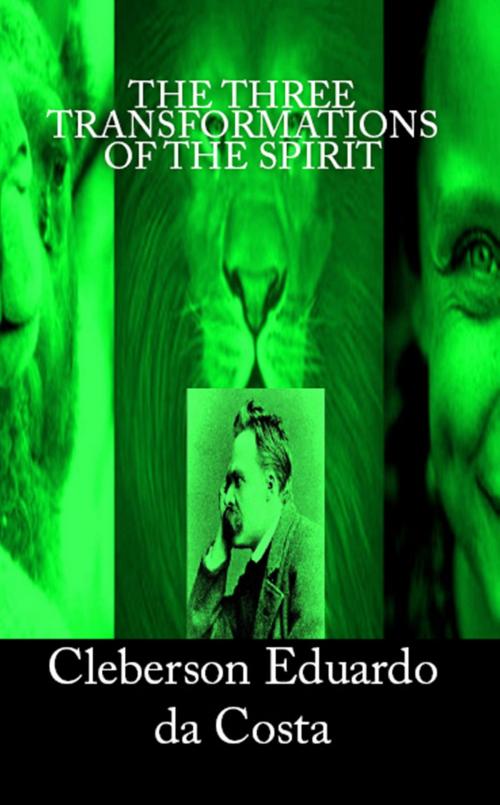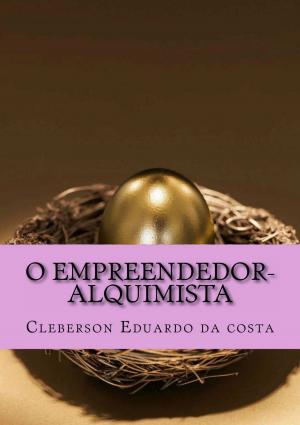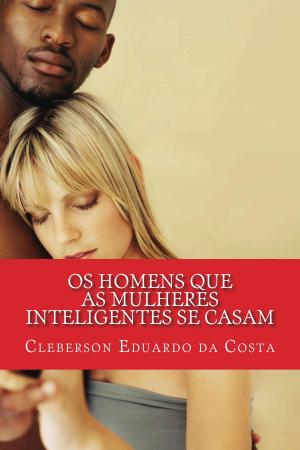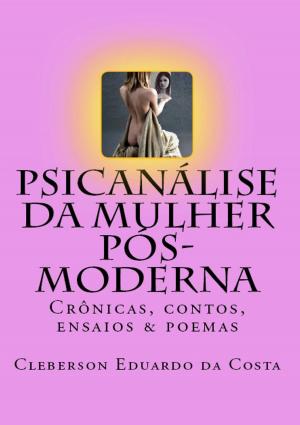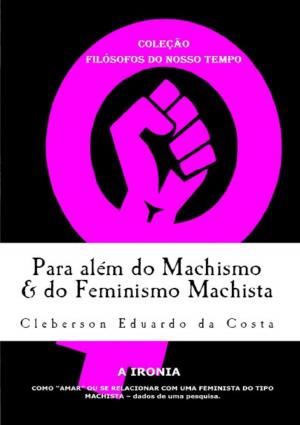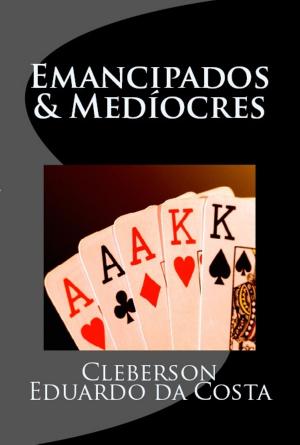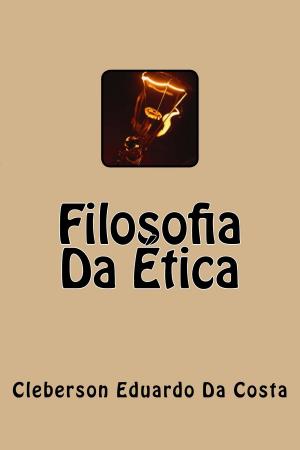THE THREE TRANSFORMATIONS OF THE SPIRIT
Nonfiction, Religion & Spirituality, Philosophy, Existentialism, Humanism| Author: | CLEBERSON EDUARDO DA COSTA | ISBN: | 1230000248900 |
| Publisher: | Atsoc Editions | Publication: | June 27, 2014 |
| Imprint: | 1 | Language: | English |
| Author: | CLEBERSON EDUARDO DA COSTA |
| ISBN: | 1230000248900 |
| Publisher: | Atsoc Editions |
| Publication: | June 27, 2014 |
| Imprint: | 1 |
| Language: | English |
I
(A5, 141 P.) - This Contemporary era (which some theorists like Pablo Gentili, Boaventura de Souza Santos, and even Anthony Guiddens, prefer to call post-modern), erected, as well as the modern, from "I think, therefore I am" Cartesian with their remains positivist, systematizing the overlap of reason about and/or to the detriment of emotion and/or, in the same way, the overlap of spirit over and/or to the detriment of the soul, tragically the processes of rationalization of emotions, culminating in the development of the "art of deceit" (so called emotional intelligence), systematizing it as a sort of social value. In other words, the capitalist societies modern western (and contemporary), inaugurated by Descartes with his so-called "spirit cartesian", summarized and systematized in his well-known maxim "I think, therefore I am", drew men their souls, their materials and elected, have instituted, systematized and/or crystallize the reason, only the reason, as the essence of being human.
II
Now, but what would a man endowed only in spirit (reason) and not also of soul (uniqueness, subjectivity, feelings), being that in the soul of a human being is, among many other things, its sensible reality, its natural expression, his essence, his spontaneity, your authentic way of being in the face of other human beings during their integration into social life?
III
As we shall see in more depth throughout this paper, a man "Without soul", endowed only in spirit, only to reason, is the one who, among many other things:
It is capable of loving without love;
It is able to have sex without desire, without love, and even alone;
It is able to live only for work and do not work for a living;
It is capable of working only for the money;
It is capable of feeding without feeling and/or be hungry;
It is capable of confusing need with ease;
It is capable of not speaking what is true, but only what makes sense and/or what is logical, always seeking some benefit;
It is able to put the productivity in place of the activity enjoyable.
It is able to use your emotions, at the service of reason, to conceal, mislead and achieve your goals;
It is capable of being consciously a without soul and see this as a social value.
In other words, citing Hannah Arendt:
"What is true to the spirit is not always true for the soul" and, in this sense, the cartesianism made his choice: preferred to be alone with the spirit and gave up his soul. (1971 - The life of the spirit)
IV
This work, in this sense, will seek to deepen questionings about the human condition and, at the same time, pointing out paths (from the point of view of the resumption of the processes of humanization and resumption of autonomy intellectual), seeking support on the grounds of the epistemological Hannah Arendt, Kant, Aristotle, Nietzsche and many others.
I
(A5, 141 P.) - This Contemporary era (which some theorists like Pablo Gentili, Boaventura de Souza Santos, and even Anthony Guiddens, prefer to call post-modern), erected, as well as the modern, from "I think, therefore I am" Cartesian with their remains positivist, systematizing the overlap of reason about and/or to the detriment of emotion and/or, in the same way, the overlap of spirit over and/or to the detriment of the soul, tragically the processes of rationalization of emotions, culminating in the development of the "art of deceit" (so called emotional intelligence), systematizing it as a sort of social value. In other words, the capitalist societies modern western (and contemporary), inaugurated by Descartes with his so-called "spirit cartesian", summarized and systematized in his well-known maxim "I think, therefore I am", drew men their souls, their materials and elected, have instituted, systematized and/or crystallize the reason, only the reason, as the essence of being human.
II
Now, but what would a man endowed only in spirit (reason) and not also of soul (uniqueness, subjectivity, feelings), being that in the soul of a human being is, among many other things, its sensible reality, its natural expression, his essence, his spontaneity, your authentic way of being in the face of other human beings during their integration into social life?
III
As we shall see in more depth throughout this paper, a man "Without soul", endowed only in spirit, only to reason, is the one who, among many other things:
It is capable of loving without love;
It is able to have sex without desire, without love, and even alone;
It is able to live only for work and do not work for a living;
It is capable of working only for the money;
It is capable of feeding without feeling and/or be hungry;
It is capable of confusing need with ease;
It is capable of not speaking what is true, but only what makes sense and/or what is logical, always seeking some benefit;
It is able to put the productivity in place of the activity enjoyable.
It is able to use your emotions, at the service of reason, to conceal, mislead and achieve your goals;
It is capable of being consciously a without soul and see this as a social value.
In other words, citing Hannah Arendt:
"What is true to the spirit is not always true for the soul" and, in this sense, the cartesianism made his choice: preferred to be alone with the spirit and gave up his soul. (1971 - The life of the spirit)
IV
This work, in this sense, will seek to deepen questionings about the human condition and, at the same time, pointing out paths (from the point of view of the resumption of the processes of humanization and resumption of autonomy intellectual), seeking support on the grounds of the epistemological Hannah Arendt, Kant, Aristotle, Nietzsche and many others.
